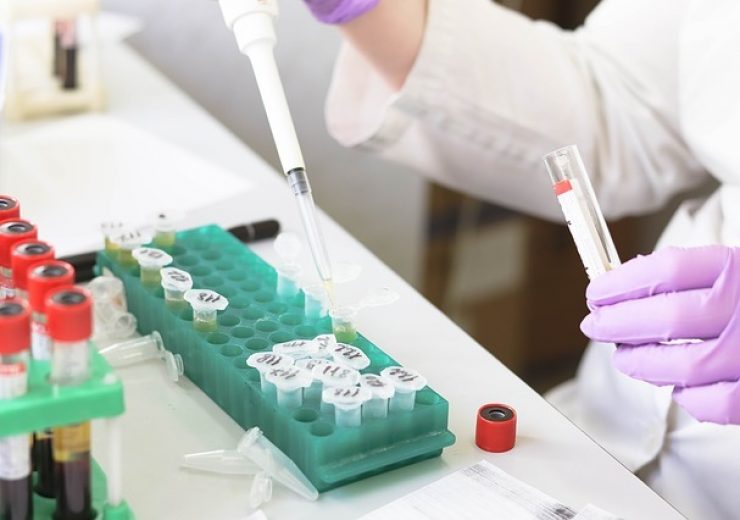Savanna multiplex molecular platform allows to analyse up to 12 pathogens or targets and controls from a single assay run within 30 minutes

Savanna is a fully integrated and sample-to-result automated in-vitro diagnostic platform. (Credit: Belova59 from Pixabay)
Diagnostic testing solutions provider Quidel has secured CE mark approval for its Savanna multiplex molecular analyser as well as Savanna RVP4 Assay (Respiratory Viral Panel-4).
The approval enables the company to commercialise the Savanna system in Europe and other countries, which accept the CE mark.
The Savanna multiplex molecular platform allows professional customers to analyse up to 12 pathogens or targets and controls from a single assay run within 30 minutes.
Savanna is a fully integrated and sample-to-result automated in-vitro diagnostic platform that uses the Savanna instrument and Savanna assay cartridges to conduct real-time polymerisation chain reaction (PCR) tests.
Upon the insertion of assay cartridge, the instrument conducts sample and reagent preparation, nucleic acid extraction and amplification, real-time detection of RNA or DNA target sequence, and qualitative or quantitative result interpretation from different sample types.
The Savanna system will help in the diagnosis of the related diseases.
Quidel’s Savanna RVP4 Assay is a rapid and multiplexed nucleic acid test designed to be used with the Savanna instrument for the simultaneous qualitative detection and differentiation of influenza A (Flu A), influenza B (Flu B), respiratory syncytial virus (RSV), and SARS-CoV-2 RNA.
The viruses are isolated from human nasal or nasopharyngeal swabs in media secured from patients with signs and symptoms of respiratory tract infection.
Quidel president and CEO Douglas Bryant said: “The Savanna system’s small footprint features integrated sample prep combined with rapid real-time PCR amplification and detection technologies, making it a perfect fit for syndromic testing in hospitals and moderate-complexity labs, with the goal of eventually accessing physician offices, urgent care clinics and other point-of-care locations.
“We expect to deploy our first batch of instruments to select international customers and the performance data generated will support our longer-term commercialization efforts as we build instrument inventory that we anticipate will be required for our planned broad-scale launch in the U.S.”
In June, the company secured the emergency use authorization (EUA) from the US Food and Drug Administration (FDA) for its Sofia Q rapid antigen test device.
